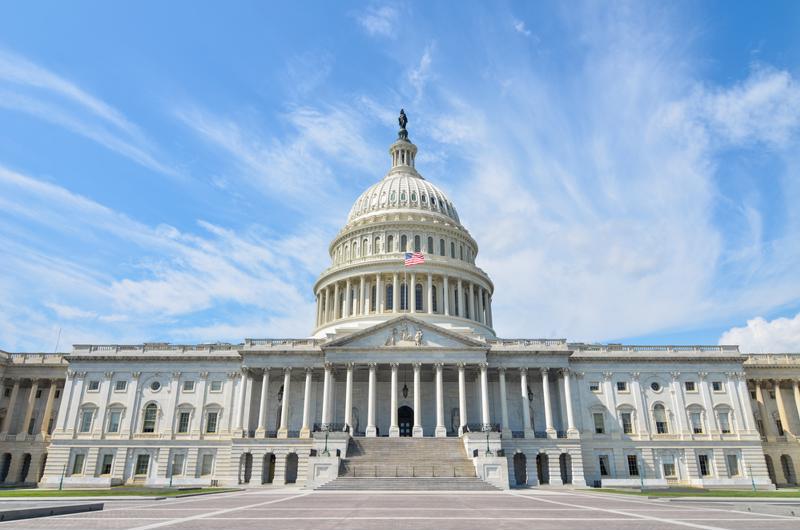From the National Association of Manufacturers (NAM) to the National Retail Federation (NRF), a substantial number of trade organizations have come out in support of Congress passing a bill that will give President Barack Obama trade promotion authority.
Count the Consumer Electronics Association (CEA) as the latest group to encourage swift action on the measure.
On April 15, numerous members of CEA went to Washington, D.C., in part to urge lawmakers on Capitol Hill to sign TPA. Colloquially known as fast track, this rule permits the president to establish trade frameworks with foreign countries without first having to meet with Congress. With TPA in place, Congress still retains the authority to review trade agreements, but the president is free to pursue them as the chief executive sees fit in the early stages.
Gary Shapiro, CEA president and CEO, noted that CEA members descended on Capitol Hill for its annual CES on the Hill event, which draws technology companies from around the world, all interested in demonstrating their latest innovations.
“For these companies to thrive, they must be able to compete in the global market,” said Shapiro. “That’s why we’re urging Congress to immediately pass TPA legislation. Moreover, our members of Congress should take the opportunity to modernize the bill to reflect the realities of the digital economy and the Internet. Future trade agreements should include not only include strong intellectual property protection and enforcement, but also robust and flexible limitation provisions.”

Congress will determine whether to reinstall Trade Promotion Authority.
Growth suffers without TPA
He added that Congress should do everything it can to pass TPA swiftly, as time is of the essence when it comes to trade agreements. He also pointed out that because 95 percent of consumers live outside of the United States, trade is a fundamental component to entrepreneurship that businesses and innovators need to succeed in today’s global marketplace. Because TPA hasn’t been passed, other nations are acting on their own, lowering tariffs, which encourages exporting and importing activity. Without trade agreements in place, U.S.-based companies will continue to pay tariffs that are unnecessarily high.
“Trade agreements help lower tariffs.”
According to the Office of the U.S. Trade Representative (USTR), the trade agreements made possible by TPA would help level the playing field for businesses by bringing down the cost of duties on exports and imports.
There are numerous potential trade agreements that fast track can help facilitate, including the Trans-Pacific Partnership (TPP), Trans-Atlantic Trade and Investment Partnership (TATIP) and the Trade in Services Agreement (TSA). The TSA deal involves 50 other countries.
Influential newspapers supportive of TPA
Several editorial boards have spoken on behalf of TPA, The Washington Post among them.
“[TPA] would enable President Obama to submit a 12-nation trade agreement with Pacific Rim nations to lawmakers on a fast-track basis – i.e., with no amendments permitted – as has been done with previous major trade deals,” the editorial board wrote in a recent column. “With a presidential election year almost underway, time is running out. The House and Senate need to get the bill passed and on the president’s desk promptly, clearing the way for final negotiation of the nearly-complete trade deal, and its consideration by Congress, before Mr. Obama’s term expires.”
The editorial board of The Baltimore Sun is also a staunch advocate of TPA. The board noted in a recent piece that fast track traces back to 1974, making it easier for the U.S. to finalize international trade agreements as seamlessly as possible.
Trade is key to Baltimore’s economy, the editorial board wrote. More than 29 million tons of cargo worth an estimated $50 billion moves through the city on an annual basis.